Wine Counterculture Is Alive and Well in Franken
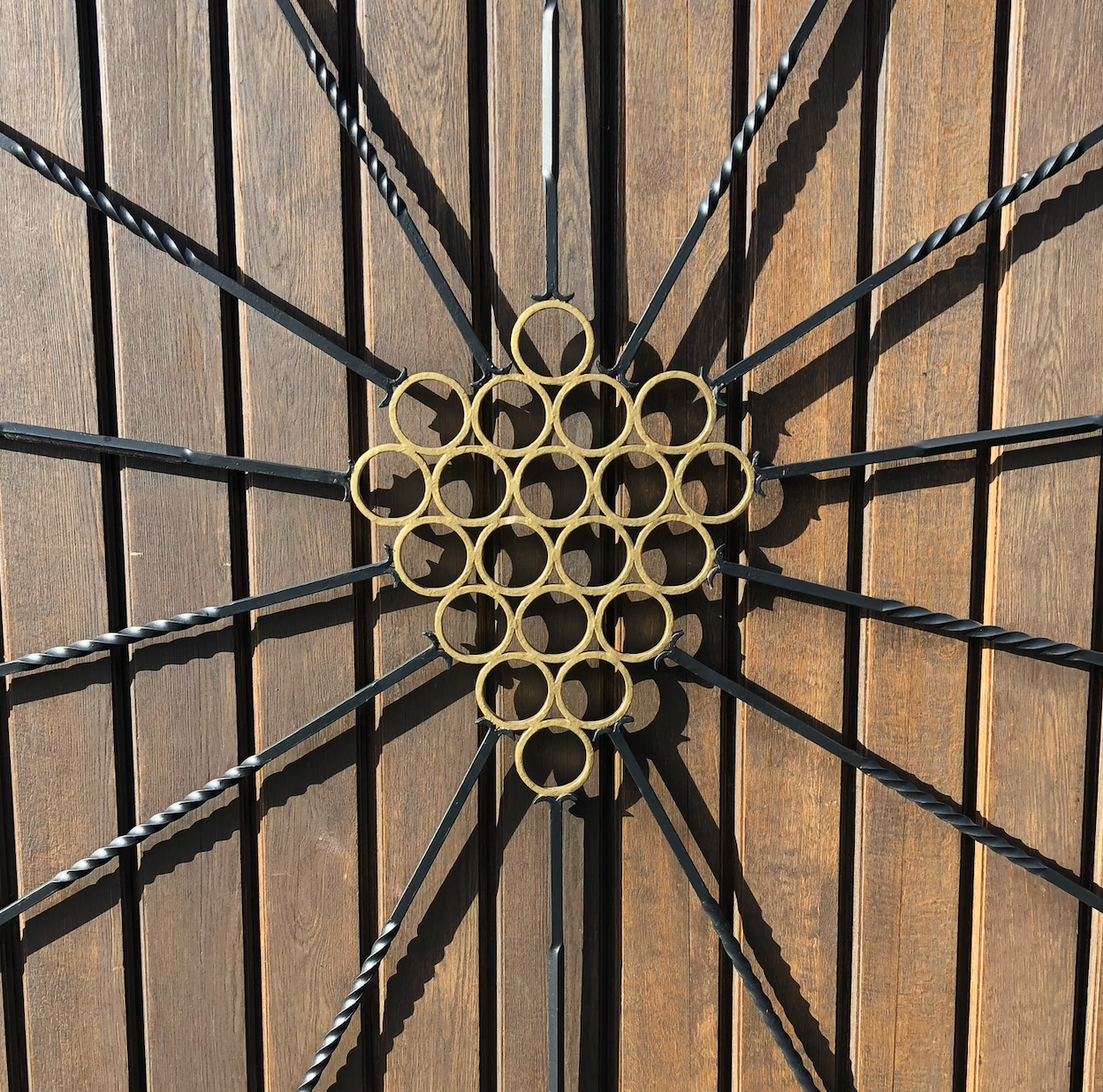
Franken was slower to wake up the wine counter culture revolution in Germany, but young growers are now more than making up for lost time.

Franken was slower to wake up the wine counter culture revolution in Germany, but young growers are now more than making up for lost time.
Rainer Schäfer writes about what he values most: wine, food, and soccer. The first wine that impressed him as a teenager was a Silvaner from Endingen, grown in the vineyard of his Kaiserstühl relatives. He's lived in Hamburg for 30 years and travels the wine regions of the world, always curious about dazzling personalities, surprising experiences, and unknown pleasures.
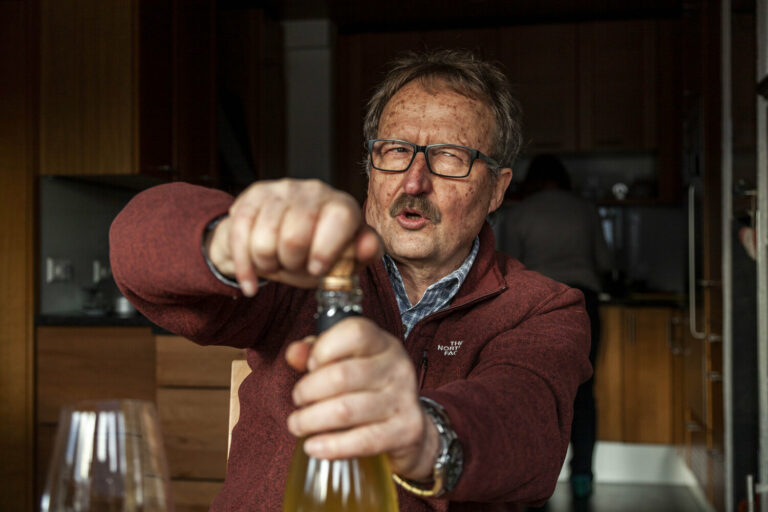
Those who go on the hunt for modern Württemberg may be surprised by what they find on the journey. In this stretch of southern Germany, many things work differently. Swabians have their own take on cool. Here you’ll meet a grower from the hip-hop scene who has the region’s traditional wine mug inked as a tattoo. You’ll bump into a start-up winery launched with crowdfunding. And you’ll land at the door of one of Germany’s hippest growers, 68-year-old Helmut Dolde of Linsenhofen. DOLDE Dolde wears a walrus mustache and, on the day of my visit, a cap someone gave him that says “Wine in…...
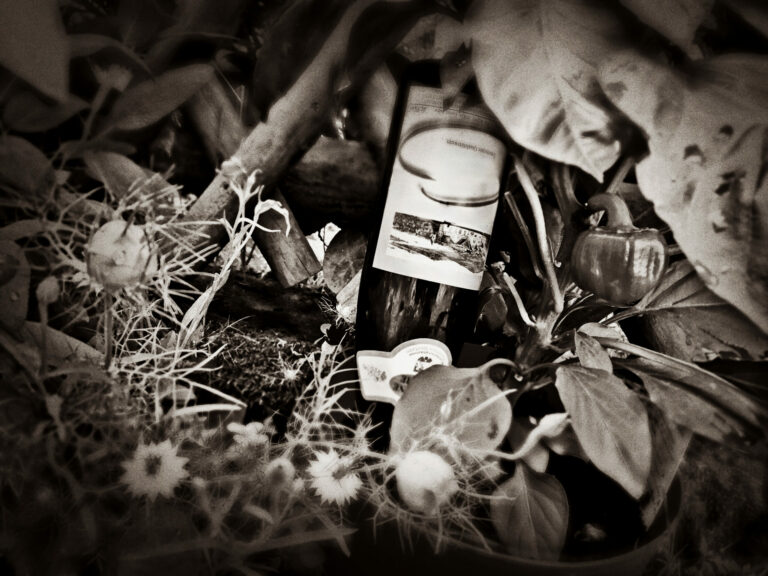
“Dry” describes what wine drinkers overwhelmingly profess to desire. And “trocken” can only appear on labels of German Rieslings with less than 10 grams of residual sugar. If one desires sweetness, there is no lack: Most of today’s Kabinetts are higher in sugar than were Auslesen of the 1980s. (Granted, the grapes were probably also higher in must weight.) Aesthetically as well as commercially, success in the realm of legal dryness—Trockenheit—as well as that of pronounced sweetness, can scarcely be denied. German Riesling growers have long since succeeded in proving that they too can render world-class dry wine, while simultaneously…...
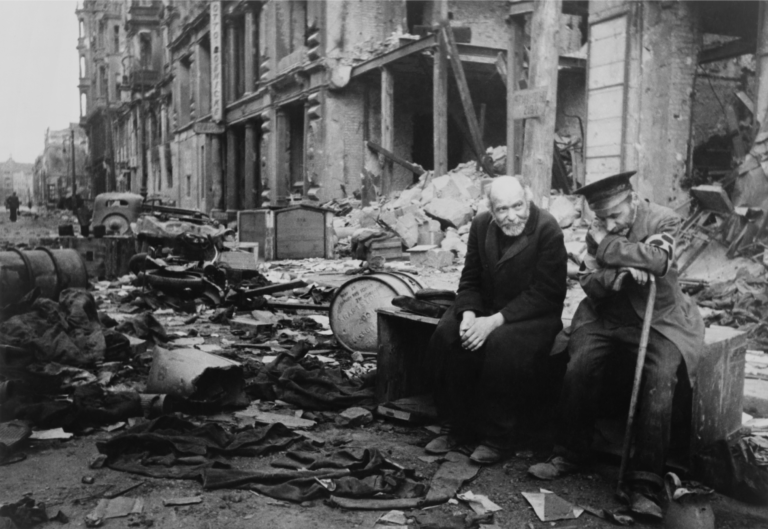
Müller-Thurgau was a blessing and a curse for 20th-century Germany. Emily Campeau asks whether new respect from growers can make a contender in the 21st.
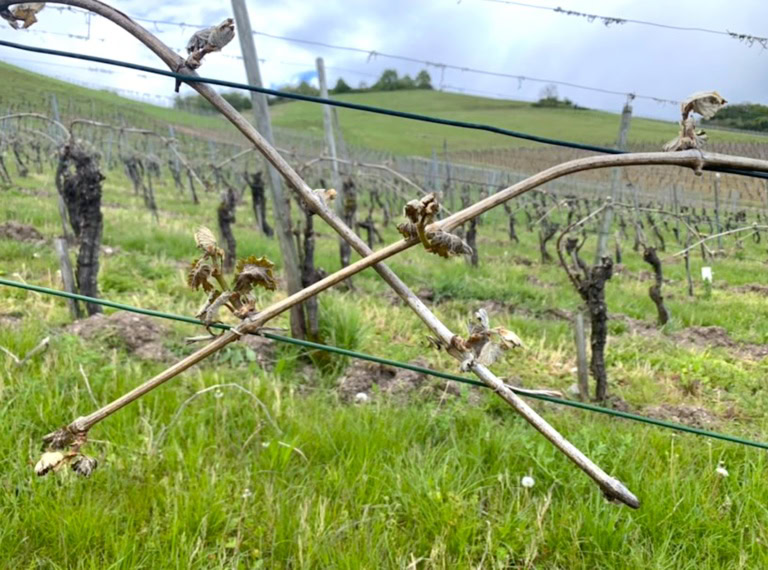
April arrived like a lamb and went out like a lion, leaving a swath of massive frost damage in its wake for the 2024 vintage.
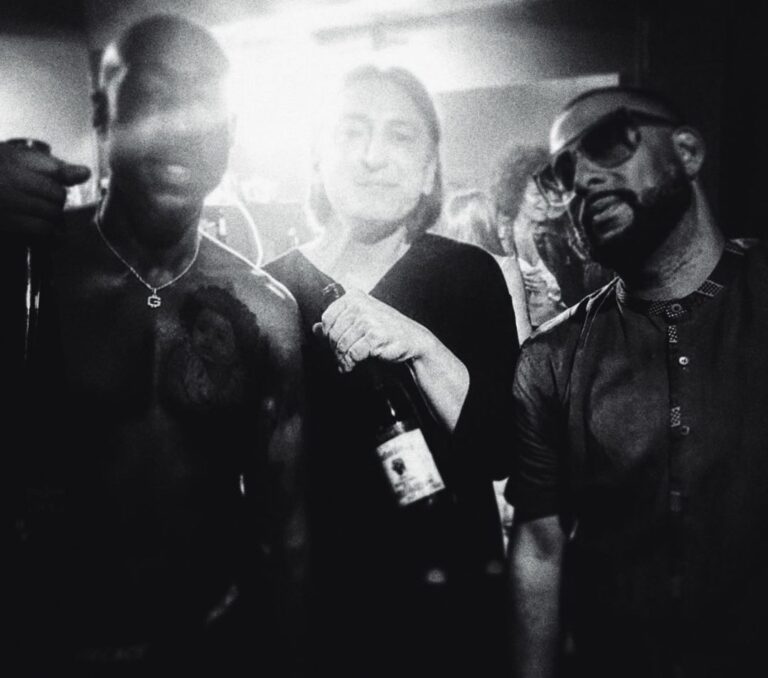
Known to his 18,000-plus Instagram followers as @soilpimp, Robert Dentice is a German wine collector and vinyl fanatic, founder of the Riesling Study event series, and a driving force behind a brand new project called sourcematerialwine that is set to spread his evangelical zeal for German wine to the wide world. Short of spending an evening at one of his legendary Riesling-, Silvaner-, or Weissburgunder-fuelled music events — and he’d sincerely love nothing more than to have you there — the next best way to get a sense of the radiant positivity he brings to German wine is to cue…...
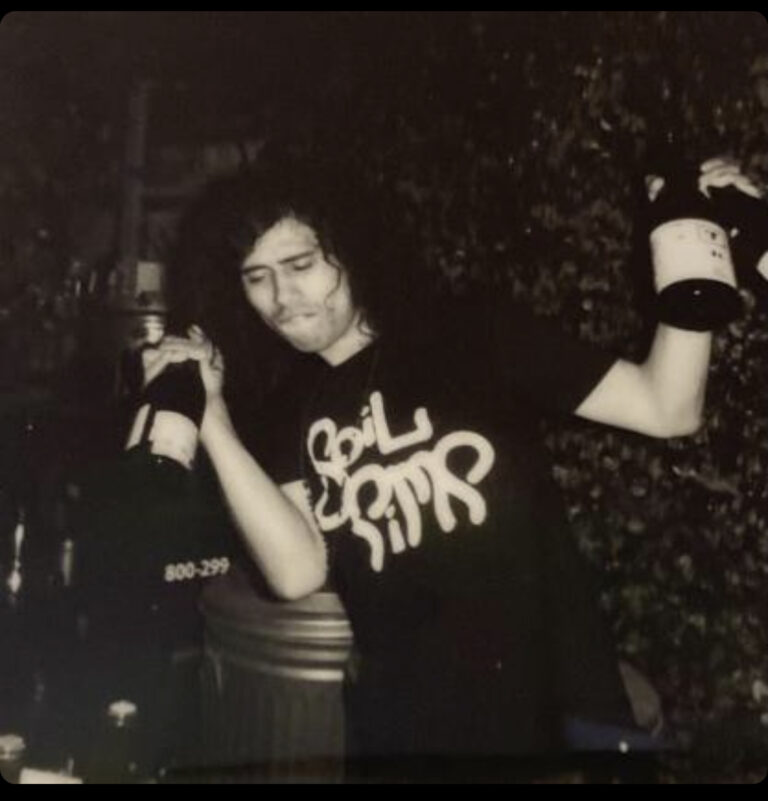
On an early autumn night, in a quietly insiderish neighborhood of Queens, New York, deep beats and warping, hypnotic sound penetrate the stillness. Trapezoids of light slant onto the dark sidewalk through the broad windows of a corner restaurant, the music’s source. Silhouetted figures mingle and shift in projection. Robert Dentice, noted collector of Riesling and vinyl, stands near the door, a bottle of Keller Abts E — one of Germany’s, if not the world’s, most coveted wines — in hand, greeting new arrivals with hugs and heavy pours. Inside, there’s an invitingly louche aura of fin-de-siècle Vienna or Berlin. A slew of wine is open, almost…...
Enjoy unlimited access to TRINK! | Subscribe Today